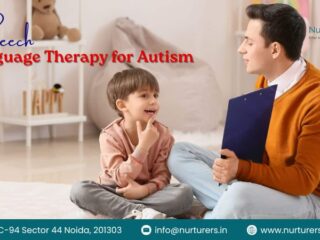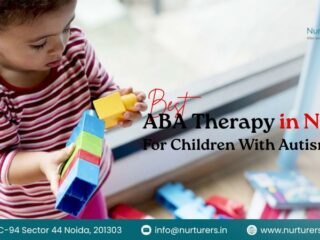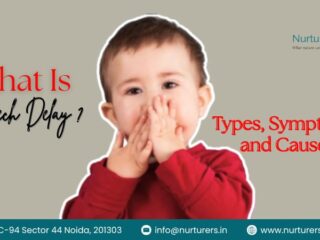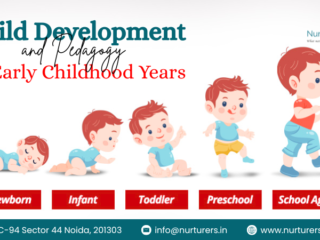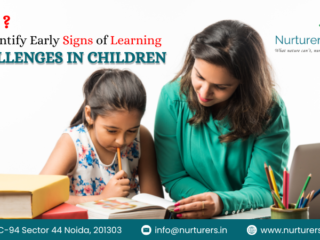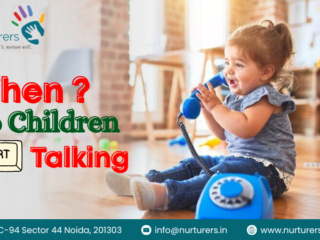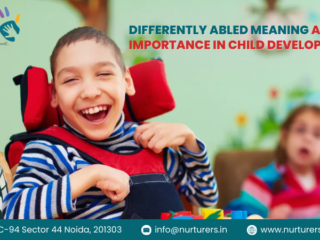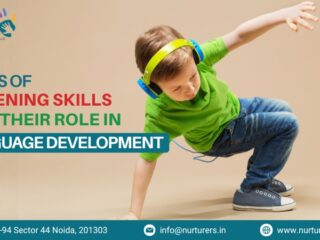Is Autism Genetic? Signs, Causes, and When to Act
Autism Spectrum Disorder (ASD) is a lifelong neurodevelopmental condition that affects communication, behavior, learning, and social interaction. As awareness around autism grows, many parents wonder about its root cause. One of the most common and important questions is whether autism is genetic. Understanding the science behind autism, its early signs, and the right time to…

